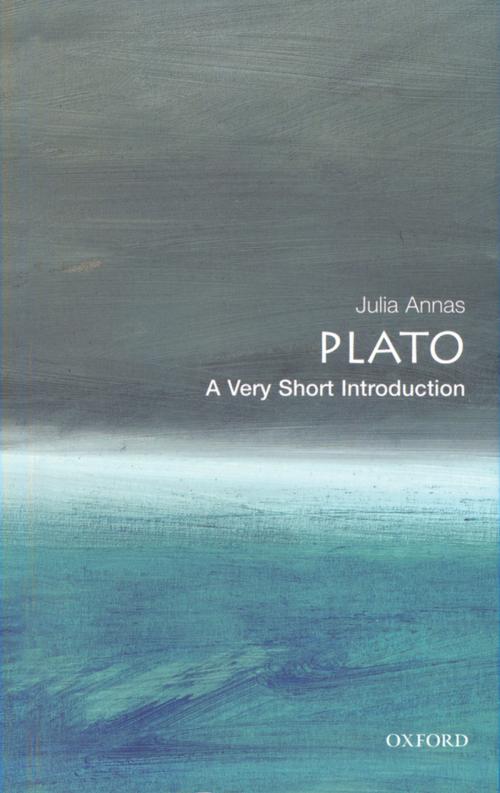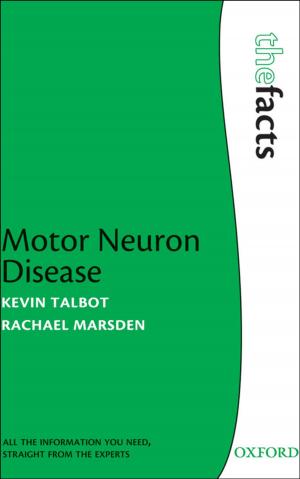Plato: A Very Short Introduction
Nonfiction, Religion & Spirituality, Philosophy, Ancient, Social & Cultural Studies, Social Science| Author: | Julia Annas | ISBN: | 9780191579226 |
| Publisher: | OUP Oxford | Publication: | February 13, 2003 |
| Imprint: | OUP Oxford | Language: | English |
| Author: | Julia Annas |
| ISBN: | 9780191579226 |
| Publisher: | OUP Oxford |
| Publication: | February 13, 2003 |
| Imprint: | OUP Oxford |
| Language: | English |
This lively and accessible introduction to Plato focuses on the philosophy and argument of his writings, drawing the reader into Plato's way of doing philosophy, and the general themes of his thinking. This is not a book to leave the reader standing in the outer court of introduction and background information, but leads directly into Plato's argument. It looks at Plato as a thinker grappling with philosophical problems in a variety of ways, rather than a philosopher with a fully worked-out system. It includes a brief account of Plato's life and the various interpretations that have been drawn from the sparse remains of information. It stresses the importance of the founding of the Academy and the conception of philosophy as a subject. Julia Annas discusses Plato's style of writing: his use of the dialogue form, his use of what we today call fiction, and his philosophical transformation of myths. She also looks at his discussions of love and philosophy, his attitude to women, and to homosexual love, explores Plato's claim that virtue is sufficient for happiness, and touches on his arguments for the immortality of the soul and his ideas about the nature of the universe. ABOUT THE SERIES: The Very Short Introductions series from Oxford University Press contains hundreds of titles in almost every subject area. These pocket-sized books are the perfect way to get ahead in a new subject quickly. Our expert authors combine facts, analysis, perspective, new ideas, and enthusiasm to make interesting and challenging topics highly readable.
This lively and accessible introduction to Plato focuses on the philosophy and argument of his writings, drawing the reader into Plato's way of doing philosophy, and the general themes of his thinking. This is not a book to leave the reader standing in the outer court of introduction and background information, but leads directly into Plato's argument. It looks at Plato as a thinker grappling with philosophical problems in a variety of ways, rather than a philosopher with a fully worked-out system. It includes a brief account of Plato's life and the various interpretations that have been drawn from the sparse remains of information. It stresses the importance of the founding of the Academy and the conception of philosophy as a subject. Julia Annas discusses Plato's style of writing: his use of the dialogue form, his use of what we today call fiction, and his philosophical transformation of myths. She also looks at his discussions of love and philosophy, his attitude to women, and to homosexual love, explores Plato's claim that virtue is sufficient for happiness, and touches on his arguments for the immortality of the soul and his ideas about the nature of the universe. ABOUT THE SERIES: The Very Short Introductions series from Oxford University Press contains hundreds of titles in almost every subject area. These pocket-sized books are the perfect way to get ahead in a new subject quickly. Our expert authors combine facts, analysis, perspective, new ideas, and enthusiasm to make interesting and challenging topics highly readable.















